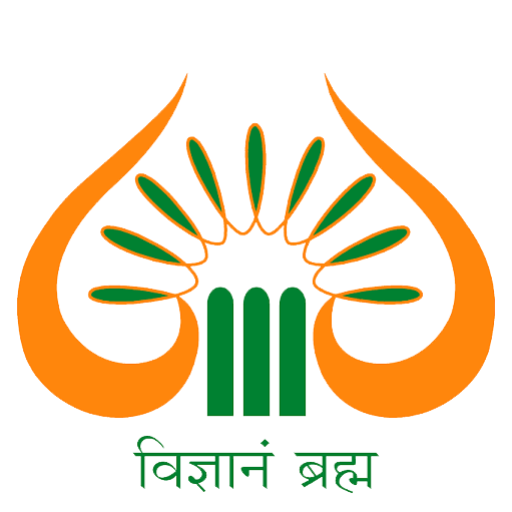SMVDU Katra, November 2019. The School of Philosophy & Culture of Shri Mata Vaishno Devi University celebrated the World Philosophy Day on 22nd Nov. 2019. On this occasion, a panel discussion on the theme “How Does Philosophy Matter?” was organized. The discussion was chaired by Prof. (Dr.) D. Mukhopadhyay, Dean, Faculty of Humanities and Social Sciences and Faculty of Management. The panelists included Dr. Anil Kumar Tewari, Head, School of Philosophy & Culture; Dr. Amitabh Vikram Dwivedi, Head, School of Languages and Literature; Dr. Balbir Singh, Assoc. Prof., School of Mechanical Engineering; Dr. Madhu Mangal Chaturvedi and Mr. Sumanta Sarathi Sharma, Asst. Profs. of Philosophy. The celebration began with a welcome address by Dr. Tewari who also initiated the discussion by emphasizing the role of philosophy in inculcating the values of tolerance and respect. Classical Indian Philosophy promotes these values by respecting the opponent’s position in its structure of argumentation, he said. Dr. Dwivedi pointed out the relevance of philosophy which enables us to raise relevant questions. Dr. Chaturvedi remarked that philosophical analysis is necessary for conceptual clarity of the socially relevant problems. Dr. Balbir Singh mentioned 4-Ps necessary for any organization to be successful; the first ‘P’ philosophy is foundational to the other Ps, namely, Process, People and Problem-solving. Mr. Sumanta highlighted that philosophy demonstrates the limit of our knowledge and suggests that no knowledge is universal. In his presidential address, Prof. Mukhopadhyay said that philosophical approach is essential for the growth of any discipline. The discussion was attended by the faculty members, students and staff members of different schools and sections. The World Philosophy Day was proclaimed by UNESCO to be celebrated every 3rd Thursday of November which is speculative birth anniversary of the Greek philosopher Socrates. The 2019 celebration aims to highlight the importance of philosophy in different regional contexts. The goal is to obtain regional contributions to global debates on contemporary challenges that support social transformations.

